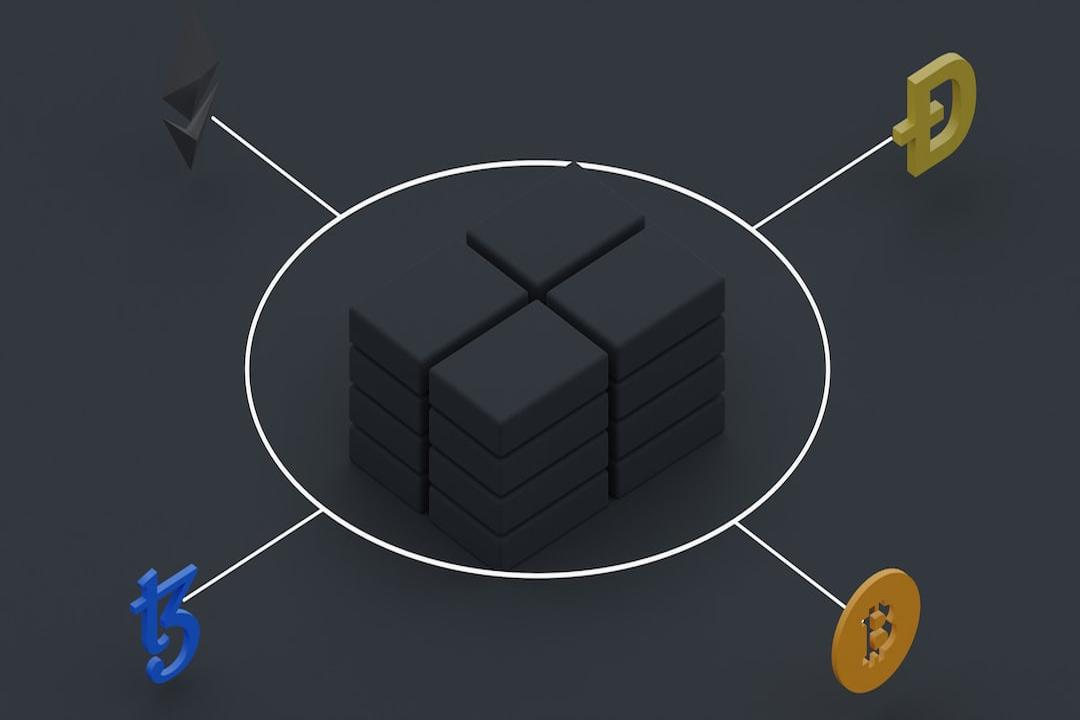“Lottery-style” Mining: Independent Miners Claim Block Rewards
Last week, yet another Bitcoin miner broke the norm by independently processing a block and receiving a reward of 3.125 bitcoins. At the time, the reward (including transaction fees) amounted to $259,637. In recent months, there have been multiple instances of independent miners successfully mining Bitcoin blocks.
Is it merely luck for the miners? Is independent mining becoming increasingly common? Can an average person connect an amateur mining machine and achieve success with minimal resources compared to publicly traded miners?
The answers vary. The term “independent miner” is used to describe a range of miners, from hobbyists to groups that prefer to operate discreetly. Their success rate is increasing, albeit not significantly, and the total number is unlikely to surge dramatically.
Scott Norris, CEO of independent Bitcoin mining firm Optiminer, stated that mining without the backing of large mining pools “is still like buying a lottery ticket.”
In 2022, independent miners using Solo CKPool (a service that allows anonymous miners to mine without running their own full Bitcoin node) processed 7 blocks. This number surged to 12 blocks in 2023 and reached 16 blocks in 2024.
However, blocks mined using Solo CKPool do not necessarily indicate that someone is mining Bitcoin alone in their bedroom with a very low hash rate. Some crypto enthusiasts have suggested this, but it is incorrect.
The mining pool industry is dominated by a few large companies—such as Foundry, AntPool, and F2Pool. Miners connect to pools, share resources, and distribute rewards. Using services like Solo CKPool, miners receive the reward once they find a block, retaining almost all of it.
As the Bitcoin network evolves, mining requires more power and resources, and it is typically run as a business by publicly traded companies. Some Bitcoin enthusiasts believe this is detrimental to Bitcoin, as the network should strive for as much decentralization as possible.
A hobbyist mining device like Bitaxe or FutureBit Apollo, priced between $200 to $500, has now become a favorite among “Bitcoin extremists.” In January of this year, a FutureBit Apollo processed a block, thanks to a non-profit organization donating hash rate from other machines to this device.
At that time, anonymous Bitcoin miner Econoalchemist stated on the X platform that their intention was to “dismantle the proprietary mining empires, allowing everyone to access Bitcoin and free technology.”
While the likelihood of realizing this vision is slim, the rise of amateur miners in recent months may be driving a noticeable increase in the success rate of individual mining.
Econoalchemist remarked, “Every once in a while, and increasingly frequently, a Bitaxe or similar small mining device independently processes a block and operates quietly in someone’s home.”
Scott Norris from Optiminer noted that businesses can process blocks without large mining pools, instead possessing substantial hash rates.
Even Solo Satoshi, based in Houston, Texas, which sells mining devices like Bitaxe Gamma, stated on its website that the probability of mining a block daily using a $180, 1.2 TH/s Bitaxe machine is 0.00068390%.
However, Matt Howard, the founder of Solo Satoshi, indicated that investing in independent mining is not necessarily aimed at making money. “The primary goal is further decentralization. Finding a block and receiving Bitcoin rewards is an added benefit. For Bitcoin extremists, they understand that mining needs to be decentralized.”
Article republished in collaboration with: PANews

